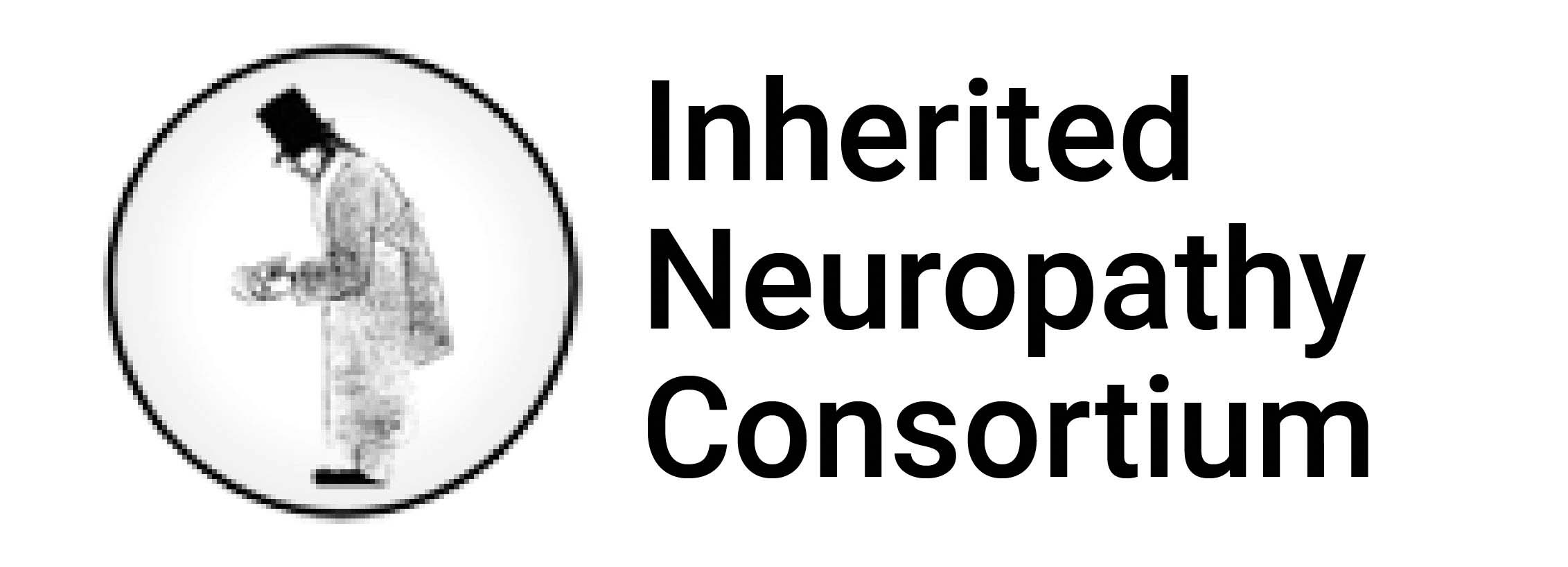Diseases Studied
The Rare Diseases Clinical Research Network is an NIH-funded research network of 21 active consortia or research groups working to advance treatment for diseases that are rare. Use the search tools on this page to find the diseases we currently study. You can reach out to the indicated consortia or research groups for more information on those diseases and studies underway.
This network focuses on clinical research and does not generally support clinical care outside of research activities. To learn about other rare diseases, please visit the Genetic and Rare Diseases Information Center (GARD), which is an NIH program that helps the public find reliable information about rare and genetic diseases. Their staff are specialists. Contact them at 1-888-205-2311 or email GARDinfo@nih.gov.
All Diseases > Other known Charcot Marie tooth (CMT) peripheral neuropathy
Other known Charcot Marie tooth (CMT) peripheral neuropathy
Disease Category: Inherited Neuropathies
A rare, inherited disorder in which the cause (usually a specific gene mutation) is known. The hallmark characteristic is damage to nerve axons (nerve ends) or myelin (fatty coating around nerves) in the extremities. Symptoms include weakness, sensory loss, and muscle atrophy (wasting) of the lower legs; balance problems; hyporeflexia (decreased reflexes); lack of proprioception (spatial awareness of the limbs); and foot deformities requiring ankle braces to support walking.
Research groups studying this disease
Recruiting
6601: Natural History Evaluation of Charcot Marie Tooth Disease
Third-party Collaboration
A lack of high quality natural history data, based on a uniform, quantitative evaluation of patients continues to hinder the efforts to perform clinical trials for most forms of CMT. This study aims to determine the natural history of CMT1B, CMT2A, CMT4A, CMT4C, and other types of CMT in order to refine the overall picture of disease for use in future clinical trials.
6613: Digital Measures of Physical Activity, Gait and Balance in CMT
Third-party Collaboration
Gait and balance deficits resulting from CMT are core contributors to disability. Thus, it is important to reliably and sensitively capture the impact of candidate therapies on daily activity, especially on gait and balance. This study aims to characterize real world function by measuring habitual physical activity of individuals with different Charcot-Marie-Tooth disease (CMT) subtypes and evaluate the natural history of physical activity over a 3 year period, and to validate digital biomarkers of gait and balance deficits in individuals with CMT by evaluating the reliability, sensitivity, and responsiveness of parameters derived from wearable inertial sensors.
ACMT-Rete per la malattia di Charcot-Marie-Tooth
Supports Charcot-Marie-Tooth patients and their families with dedicated actions and research to increase awareness and quality of life.
Charcot Marie Tooth Association
Funds Charcot-Marie-Tooth (CMT) research and works to improve quality of life for all CMT patients.
CMT Research Foundation
This patient-led, non-profit foundation is focused exclusively on addressing treatments and cures for Charcot-Marie-Tooth disease.
Fondazione Telethon
Founded in 1990, Fondazione Telethon conducts fund raising activities to support research projects that aim to advance the treatment of rare genetic diseases.
Charcot-Marie-Tooth UK
Supports people living with Charcot-Marie-Tooth disease in the United Kingdom by providing personal support, advice, and information.
Hereditary Neuropathy Foundation
Works to increase awareness and accurate diagnosis of Charcot-Marie-Tooth (CMT) and related inherited neuropathies, support patients and families, and fund research.
Muscular Dystrophy Association
Supports efforts to transform the lives of people with muscular dystrophy, ALS, and related neuromuscular diseases.

